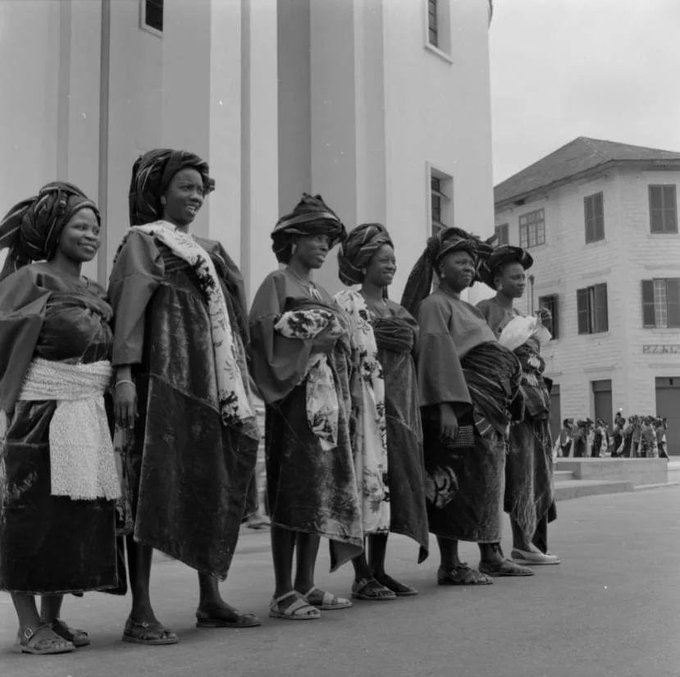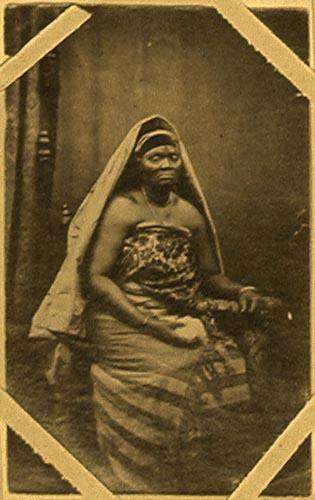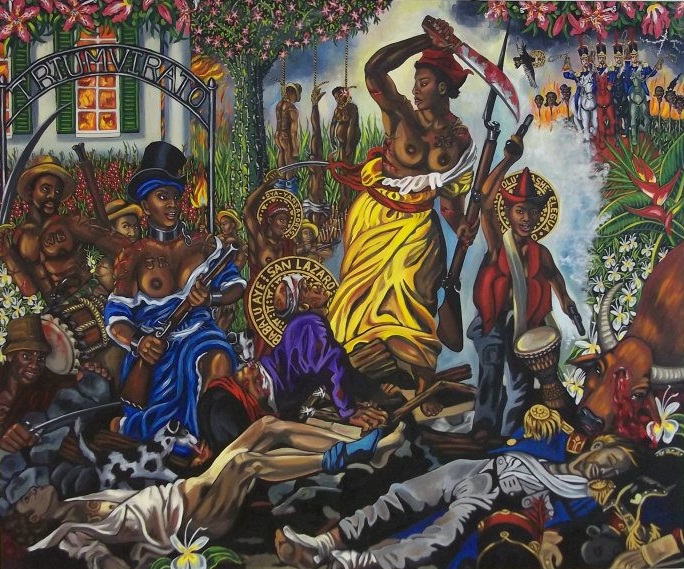Yorùbá Women
Yorùbá Women
During the pre-colonial era, Yoruba women played a significant role in the economy, family life, and political structure. Few scholars have examined women’s contributions to shaping precolonial Yorubaland to date, but interest in this aspect of history is growing, as evidenced by an increase in the number of scholarly publications and student work on the subject.
Accounts and oral histories from the nineteenth century demonstrate that Yoruba women actively participated in the social, economic, and political development of their societies. Yoruba women were influential in their families and communities.
They played an important role in the local and state economies, organizing household industries, running the local market system, and establishing long-distance trade networks. Traditions recall that women-founded kingdoms and communities occasionally wielded political authority as rulers, acted as regents, sat on the king’s councils, held political offices, were interested in palace politics, helped to make and unmake kings, acted as go-betweens in diplomatic relations, and protected their towns when their menfolk were at war elsewhere.

They carried out important rituals to ensure the spiritual well-being of kings and kingdoms, as well as their own families and communities.
Women’s status as daughters in their father’s lineage and wives in their husband’s lineage determined their position in pre-colonial Yoruba society. The Yoruba considered marriage to be a necessary condition of adulthood. All young women and men were expected to marry when they reached the appropriate age (women in their twenties, men in their thirties). Above all, marriage symbolized a family union.
Sandra Barnes‘ recent study focuses on marriage as the foundation for women’s ability to translate social power into economic and political power. Barnes concludes, after critically examining the role of wives in intra-family and intra-community political and economic relations in precolonial Lagos, that:
Marital alliances were formed at all levels to secure allies in factional battles, trade agreements, and expeditions.
Propitious marriages may provide an important entry point for men into another social group, where they may seek advice, protection, or economic assistance in times of need as in-laws. In contrast, entitlements did not follow a logical progression. From the perspective of a female, marriage provided numerous opportunities.
Marriage provided numerous opportunities from the perspective of a female. The most important thing was that, as an outsider, a woman was automatically positioned to act as a bridge between her husband’s (or descent group’s) community and her own. Out-marriage, for example, allowed a businesswoman to trade or supervise trade between two communities.
Thus, Yoruba marriage provided women with new avenues for exercising power and influence in their communities, rather than confining them to domestic roles. This was especially true for privileged women among the royal, noble, and trading elites, as we will see.
Yoruba women had significant legal rights in their birthplaces. They also received access to

land, use of their fathers’ houses, a share of the profits from their fathers’ farms, and participation in their paternal lineage’s ancestral and Orisa worship. As a result, women possessed independent sources of ritual, economic, and political power. They could rely on their father’s people for financial assistance as well as protection in cases of marital discord. They could rely on their father’s family for financial assistance in their business ventures as well as protection in cases of marital strife. Such rights extend to their children, ensuring their safety and security if their mother’s or husband’s home is threatened by conflict or trouble. Tradition, eyewitness accounts, and official records contain numerous examples of exiled rulers or rival contenders for power-seeking protection and support from their mother’s people.
Sarah Forbes Bonetta
Carlotta Lucumi “La Negra Carlota”
Madam Efunroye Tinubu
June 25, 2022
3 Min read


